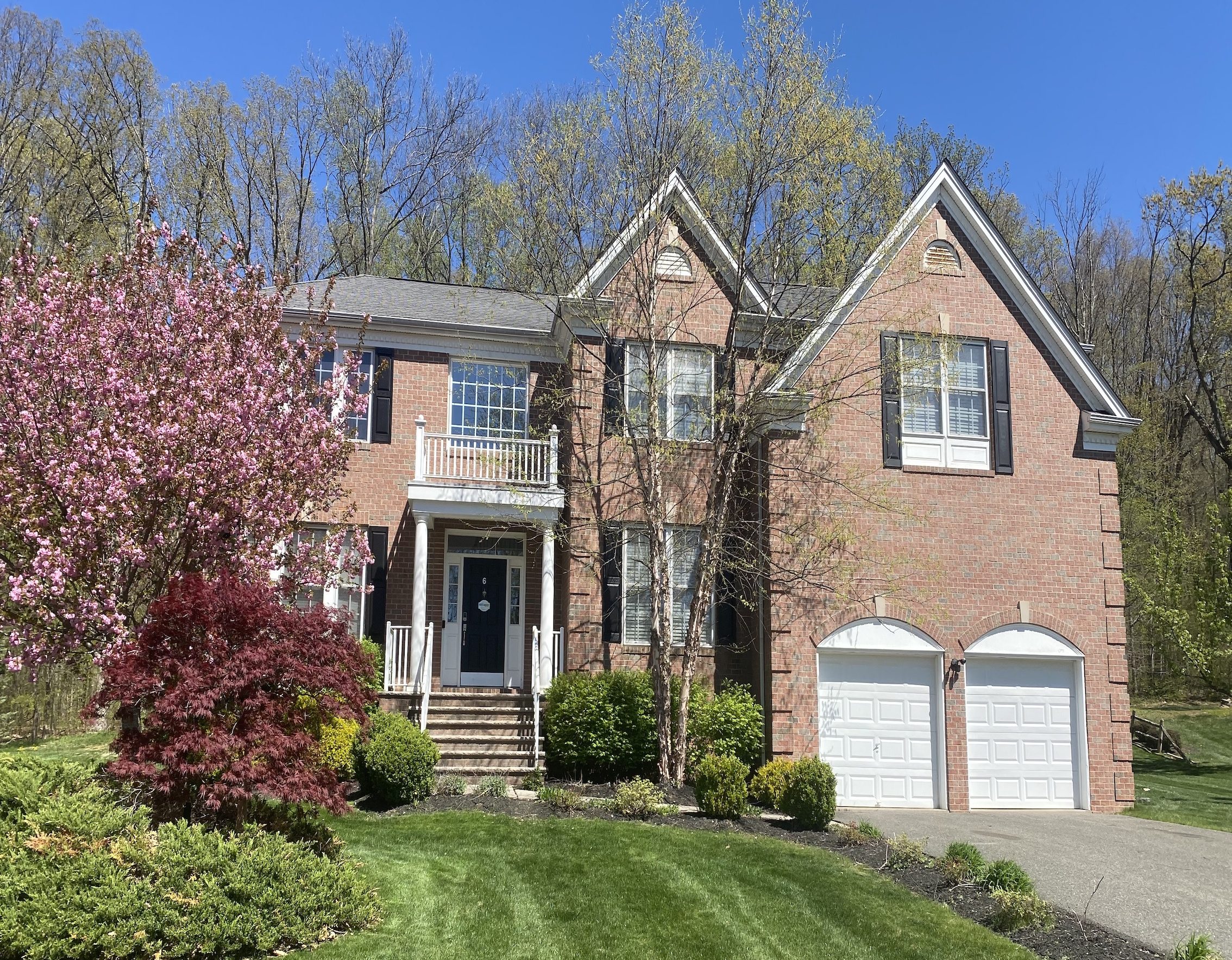Cambridge Recovery Sober Living

Luxury / Executive Sober Living Home
Learn to Live a Sober Life
Why Cambridge Recovery Sober Living?
The Role of Sober Living Homes in Recovery
Battling addiction is far from easy because there are so many different factors that lead to it. Besides the physical and psychological aspects, the environment and the people around a person who is trying to stay sober can play an important role on the road to recovery. Most people who are addicted to drugs or alcohol are surrounded by friends who suffer from the same problem, which in turn makes staying sober much more difficult.
What are Sober Living Homes?
Sober living homes are environments specially created for individuals trying to lead addiction-free lives. Staying in the same environment after kicking the habit often results in relapses that may lead back to addiction. That’s why a new environment that focuses on the well-being of the individual can help recovering addicts abstain from drug or alcohol abuse.
According to the study conducted by Polcin, Korcha, Bond, and Galloway most sober living houses don’t offer formal treatment, although the large majority advises attending self-help groups. Complying with house rules, such as paying the rent, staying sober or actively participating in the activities of the house are prerequisites for being a member of such a co-living space.
Sober living homes originate from California, although they can be found all over the US. Houses employ different methods of organization, that can range from ‘strong manager’ model that relies on one person to apply the home rules to ‘social model approach’ where residents are encouraged to take an active role in the decision making process. SLH can be regarded as a step towards recovery that offers structure and a new model of living for those who want to change their lives.
The Philosophy Behind Sober Living Houses
The authors of the study have discovered that despite their differences in approach, nearly all SLH insist on participating in the 12-step recovery programs. Residents are also encouraged to find a sponsor or take part in voluntary activities that support AA or NA meetings among numerous other tasks that are aimed to help them maintain their sobriety.
The researchers claim that meeting new people and creating a network of social contacts that support drug or alcohol abstinence is one of the most important principles of sober homes. Residents with more experience are often responsible for helping the newcomers to fit into the new environment or providing encouragement whenever it’s needed. Creating a new healthy circle of friends as well as avoiding all association with people who might spark the desire to abuse substances is also one of the common principles of all sober living homes.
Sober Homes Make a Difference
The results of the study conducted by Polcin, Korcha, Bond, and Galloway have shown that a large majority of the residents reduce or stop using alcohol or drugs within the first six months. Some homes have recovery rates that improve from 11% at baseline to 68% on a six-month and annual scale, while more than 40% of the residents continue to show improvements over the 18-month period. Supportive, structured sober living homes like Cambridge Estates show much more favorable results than self-governed homes (Oxford Houses). Such impressive outcomes are partially a consequence of residents spending time in controlled environments before entering an SLH although the improvements are largely the result of the new environment that fosters a healthier approach towards life and social interactions?
Why stay at a Supportive Structured Sober Living Home for after rehab?
For those looking for a post-recovery home that offers living facilities, a transitional home may be the ideal solution. These facilities are popular amongst people who have already received treatment in rehab for their addiction but are not yet ready to return to independent living without support.
There are many benefits that come from choosing a transitional home over a halfway house. Addicts who are early in their recovery can experience a great deal of anxiety about getting back into their regular life. They worry about returning to the pressures of daily life, and experiencing any triggers or temptations that could result in them relapsing. Often a transitional sober living home is the best option post- recovery as it offers a supportive environment where individuals can gradually transition back into their life.
A transitional sober living home offers plenty of services, as well as, a safe and comfortable living environment. Most transitional sober living homes have an in-house manager who watches over and provides guidance for all residents.
As a transitional home has many residents who share the same goal of sober living, there are often many group activities in place, both therapeutic and recreational. Transitional homes can be great places for addicts to form a supportive network to help them deal with life post their recovery. It can be hugely beneficial to have a group of friends who have gone through a similar addiction experience, as it helps to have others to relate to and talk to as you transition back into regular life.
Another benefit of a transitional home over a halfway house is that you are not an inpatient, so you have much more freedom and independence. However, you do need to bear in mind that when you come to a transitional home there are rules in place relating to drug and alcohol use, which all residents must adhere to.
Is How Folks Feel about their Sober Home Important to Recovery?
The answer is yes and always! Call us at (908) 946-0005 to arrange a tour of the home. At Cambridge Recovery our residence love us as much as we love them!
Don’t hesitate to contact the Cambridge Recovery Sober Living at this number (908) 946-0005, if you need assistance with battling addiction. Visit our website at http://www.cambridgerecoveryestates.com.

